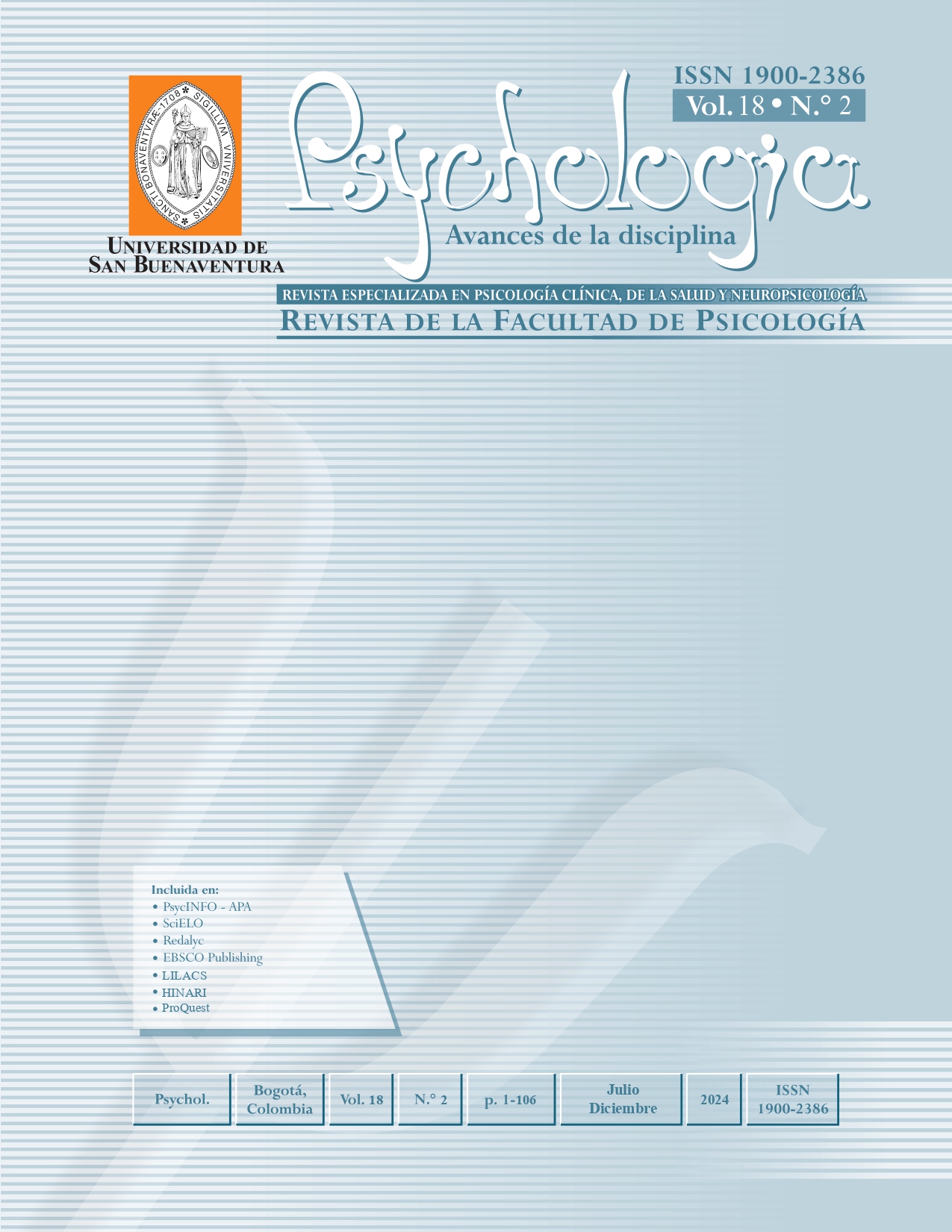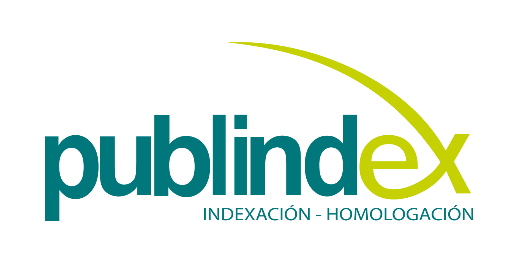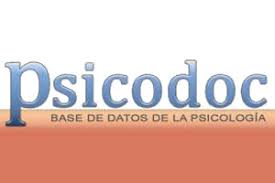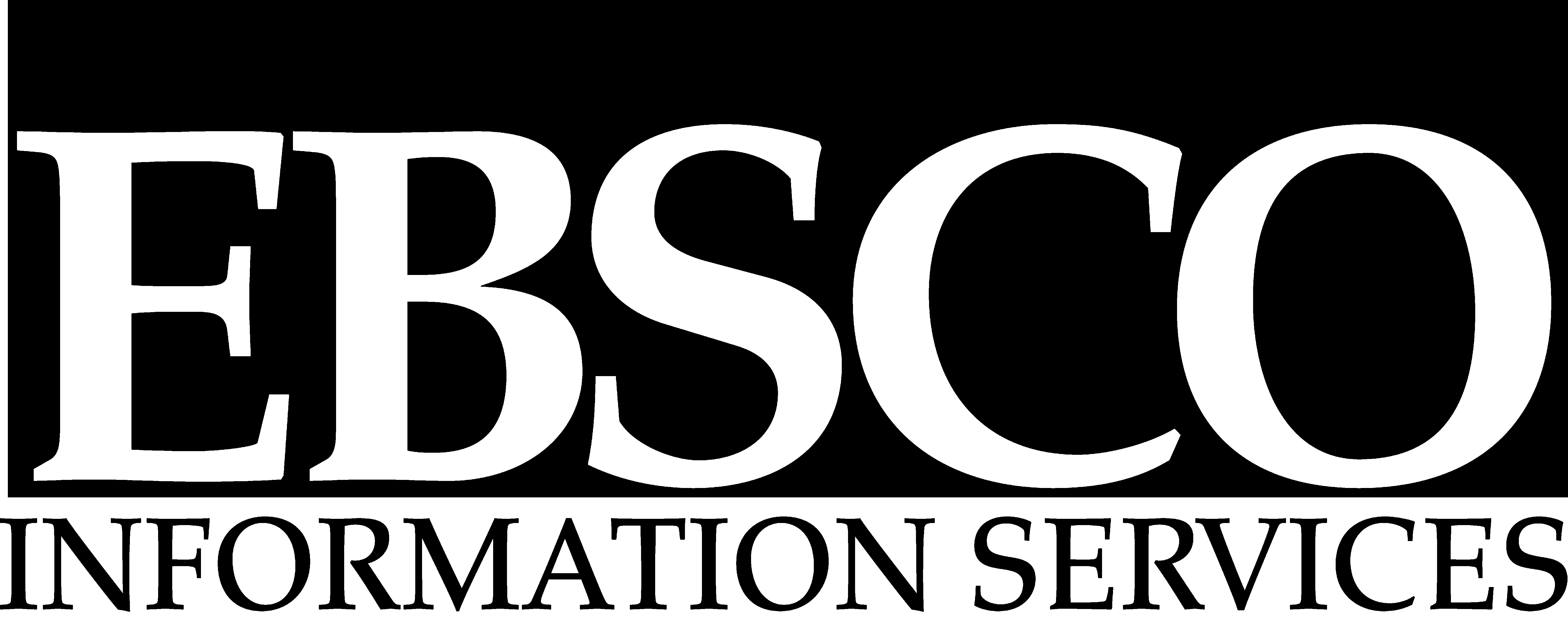Esta revista proporciona un acceso abierto inmediato a su contenido, basado en el principio de que ofrecer al público un acceso libre a las investigaciones ayuda a un mayor intercambio global de conocimiento.
Por tanto se acoge a la Licencia Creative Commons 4.0 Atribuciones Reconocimiento – NoComercial – CompartirIgual (by-nc-sa): No se permite un uso comercial de la obra original ni de las posibles obras derivadas, la distribución de las cuales se debe hacer con una licencia igual a la que regula la obra original.
http://creativecommons.org/licenses/by-nc-sa/4.0/
Resumen
Precise and accurate measurement of metacognitive phenomena has never been more necessary than in today’s fast-paced world in which vast quantities of information are readily available to the learner. The MAI, Jr. (see Sperling et al., 2002) is a widely used, 18-question, self-report measure of metacognitive awareness. However, this measure has not been re-examined for construct validity and internal consistency since its inception in 2002. In this manuscript we report on our findings of a 2-year study in which we worked to validate a shortened version of the MAI, Jr. Over the course of 2 years, 601 students in grades 6-8 participated in our study. In each year, data was examined using exploratory factor analysis with common factor extractions (principal axis factoring [PAF]) and oblique rotations (promax). The results of this study support the validation of a shortened, 7-item, scale. We discuss why shorter measures with appropriate construct validity and internal consistency are preferred.
Palabras clave:
Referencias
Dinsmore, D. L., Alexander, P. A., & Loughlin, S. M. (2008). Focusing the conceptual lens on metacognition, self-regulation, and self-regulated learning. Educational Psychology Review, 20(4), 391-409. https://doi.org/10.1007/s10648-008-9083-6
Favieri, A. G. (2013). General metacognitive strategies inventory (GMSI) and the metacognitive integrals strategies inventory (MISI). Electronic Journal of Research in Educational Psychology, 11(3), 831–850. http://doi.org/10.14204/ejrep.31.13067
Flavell, J. H. (1979). Metacognition and cognitive monitoring: A new area of cognitive–developmental inquiry. American Psychologist, 34(10), 906–911. https://doi.org/10.1037/0003-066X.34.10.906
George, D., & Mallery, P. (2019). IBM SPSS statistics 26 step by step. Taylor & Francis. https://doi.org/10.4324/9780429056765
Gutierrez, A. P., Schraw, G., Kuch, F., & Richmond, A. S. (2016). A two-process model of metacognitive monitoring: Evidence for distinct accuracy and error factors. Learning and Instruction, 44, 1-10. https://doi.org/10.1016/j.learninstruc.2016.02.006
Gutierrez de Blume, A. P. (2022). Calibrating calibration: A meta-analysis of learning strategy instruction interventions to improve metacognitive monitoring accuracy. Journal of Educational Psychology, 114(4), 681–700. https://doi.org/10.1037/edu0000674
Gutierrez de Blume, A. P., & Montoya Londoño, D. M. (2021). Validation and examination of the factor structure of the Metacognitive Awareness Inventory (MAI) in Colombian university students. Psicogente, 24(46), 1-29. https://doi.org/10.17081/psico.24.46.4881
Händel, M., Harder, B., & Dresel, M. (2020). Enhanced monitoring accuracy and test performance: Incremental effects of judgment training over and above repeated testing. Learning and Instruction, 65, 1-9. https://doi.org/10.1016/j.learninstruc.2019.101245
Jaeger, A. J., & Wiley, J. (2014). Do illustrations help or harm metacomprehension accuracy? Learning and Instruction, 34, 58-73. https://doi.org/10.1016/j.learninstruc.2014.08.002
Lee, C. B., Teo, T., & Bergin, D. (2009). Children’s use of metacognition in solving everyday problems: An initial study from an Asian context. The Australian Educational Researcher, 36(3), 89-102. https://link.springer.com/content/pdf/10.1007/BF03216907.pdf
Lima Filho, R. N., & Bruni, A. L. (2015). Metacognitive awareness inventory: Translation and validation from a confirmatory analysis. Psicologia: Ciência e Profissão, 35(4), 1275-1293. https://doi.org/10.1590/1982-3703002292013
Nelson, T.O., & Narens, L. (1990). Metamemory: A theoretical framework and some new findings. In G.H. Bower (Ed), The psychology of learning and motivation, Vol. 26 (pp. 125-173). Academic Press.
Ozturk, N. (2017). Assessing metacognition: Theory and practices. International Journal of Assessment Tools in Education, 4(2), 134-148. https://doi.org/10.21449/ijate.298299
Roebers, C. M. (2017). Executive function and metacognition: Towards a unifying framework of cognitive self-regulation. Developmental Review, 45, 31-51. https://doi.org/10.1016/j.dr.2017.04.001
Schraw, G., & Dennison, R. S. (1994). Assessing metacognitive awareness. Contemporary Educational Psychology, 19(4), 460–475. https://doi.org/10.1006/ceps.1994.1033
Schraw, G., Kuch, F., Gutierrez, A. P., & Richmond, A. (2014). Exploring a three-level model of calibration accuracy. Journal of Educational Psychology, 106, 1192-1202. https://doi.org/10.1037/a0036653
Schraw, G., & Moshman, D. (1995). Metacognitive theories. Educational Psychology Review, 7(4), 351–371. https://doi.org/10.1007/BF02212307
Speiss, M. A., Meier, B., & Roebers, C. M. (2016). Development and longitudinal relationships between children’s executive functions, prospective memory, and metacognition. Cognitive Development, 38, 99-113. https://doi.org/10.1016/j.cogdev.2016.02.003
Sperling, R. A., Howard, B. C., Miller L. A., & Murphy, C. (2002). Measures of children's knowledge and regulation of cognition. Contemporary Educational Psychology, 27(1), 51-79. https://doi.org/10.1006/ceps.2001.1091
Tabachnick, B. G., & Fidell, L. S. (2019). Using multivariate statistics (7th ed.). Pearson. https://www.pearson.com/us/higher-education/program/Tabachnick-Using-Multivariate-Statistics-7th-Edition/PGM2458367.html
Turan, S., Demirel, O., & Sayek, I. (2009). Metacognitive awareness and self-regulated learning skills of medical students in different medical curricula. Medical Teacher, 31(10), e477-e483. https://doi.org/10.3109/01421590903193521
Young, A., & Fry, J. D. (2008). Metacognitive awareness and academic achievement in college students. Journal of the Scholarship of Teaching and Learning, 8(2), 1-10. https://files.eric.ed.gov/fulltext/EJ854832.pdf






















